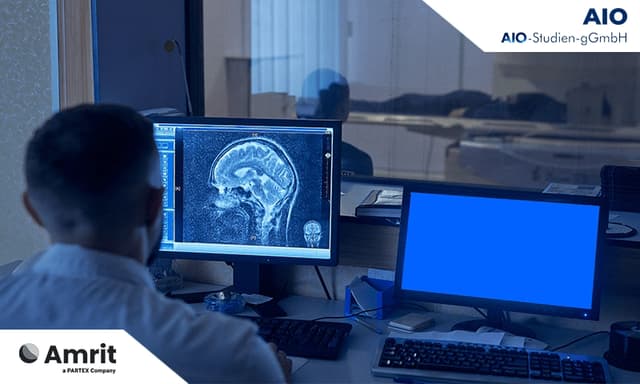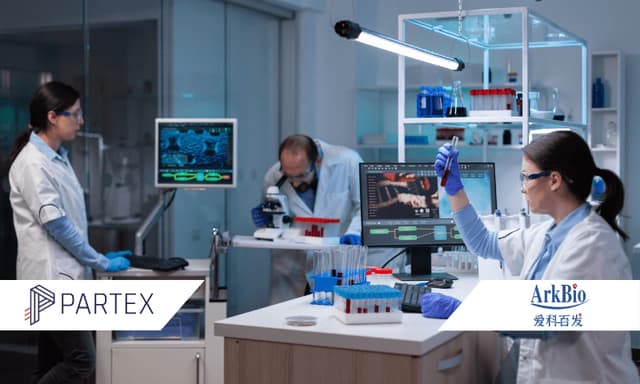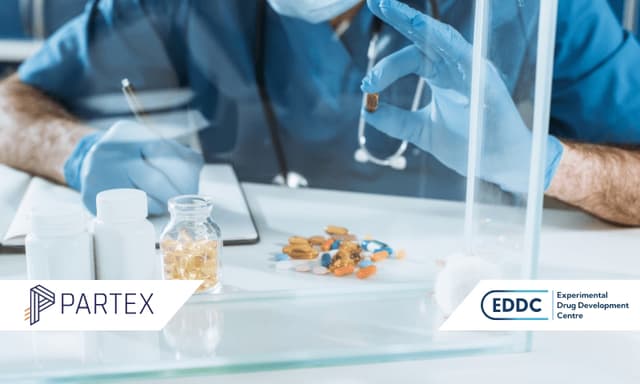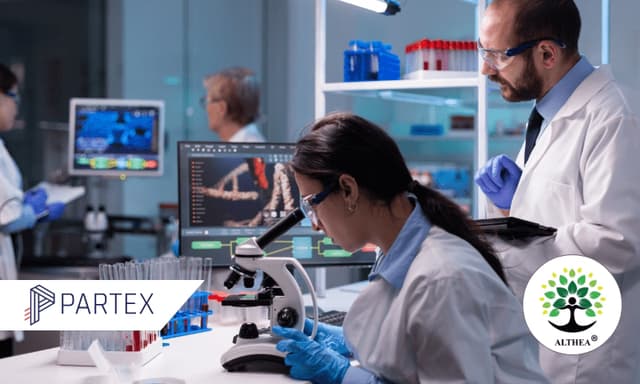Local pharmaceutical firms should brace for a new era where drugmakers take advantage of artificial intelligence (AI) to develop a new medicine, experts said.
The AI-using new drug development has already become the latest trend and doing so will save cost and time, they said at a news conference at the AI Pharma Korea Conference 2018 at COEX, southern Seoul, on Monday. The Korea Pharmaceutical and Bio-Pharma Manufacturers Association (KPBMA) and the Korea Health Industry Development Institute organized the event.
Speakers of the conference include 3BIGS' Bioinformatics and Data Analysis Head Dawood Dudekula, Innoplexus CEO Gunjan Bhardwaj, Standigm’s Chief Transformation Officer Song Sang-ok, Numerate CEO Guido Lanza, NuMedii’s Translational Biomedical Informatics Head Michael Januszyk, Syntekabio’s Medical Science Liaison Yang Hyun-jin, and twoXAR Co-founder Andrew Radin.
“If we utilize AI’s big data, we will be able to improve efficiency in new drug development,” said Radin of twoXAR. “Conventional processes had much room for improvement concerning cost and time. But if we use AI, we can improve predictability and quality so that we can save time and cost.”
Syntekabio’s Yang also said that AI would be a catalyst to discover a new drug candidate. “AI will be applied to many areas including screening and experiment verification, and productivity will significantly improve at the same or lower cost than before,” she said.
Experts said companies and the government should shift their mindset to vitalize AI-based medicine development.
“Rather than preparing big data or technologies, we need to embrace a new culture utilizing AI to develop new drugs. Companies should watch how globally big pharmaceuticals are collaborating with AI technology firms and how much funds are going into this sector,” said Standigm’s Song.
NuMedii’s Januszyk said Korean firms should get their communication ready for collaborations with AI firms.
“If they utilize public data, they might not need a large capital investment at the initial stage. They need to understand programmers, companies, and collaborations,” he added.
Speakers also shared views that companies with the capacity to utilize AI and those without it will see growing gaps in new drug development in the future.
Small venture firms, rather than large multinationals, are more likely to use AI to develop a new medicine, they said.
“Let’s say we invest $200 million in developing a treatment for pancreas cancer but fail in the end. Small businesses see this failure as something to celebrate. But from a perspective of a large company, this can be ridiculed on the stock market. In a sense, large pharmaceuticals are trapped,” said Bhardwaj of Innoplexus. “Small drugmakers focusing on rare diseases are more likely to introduce AI innovatively and to make various changes.”
This article originally published on KPBMA.

Frankfurt, Germany & Miami, FL, USA – March 17, 2025 – Partex NV and Fortress Biotech, Inc. (Nasdaq: FBIO) (“Fortress”), an innovative biopharmaceutical compan...

Frankfurt, Germany, 20th February, 2025 – Partex is pleased to announce a strategic collaboration with Princeton Drug Discovery Ltd (PDD), a leading biotech c...

Pune, [13-02-2025]: Pimpri Chinchwad University (PCU) reaffirmed its commitment to technological excellence and academic innovation by organizing a two -day Fac...

Pressemitteilung vom 08.01.2025 Die Amrit AG, ein Unternehmen der Partex Gruppe - einem führenden Anbieter von KI-Lösungen im Gesundheitswesen - gibt heute de...

Partnership aims to expand therapeutic potential of proprietary autotaxin inhibitor through AI-driven approach Frankfurt, Germany – Date – Partex, a leader in ...

Frankfurt, Germany, 3 rd June 2024, 9am CET Partex, a leading provider of AI-driven solutions in the pharmaceutical industry, is thrilled to announce i...

Frankfurt, Germany, 23 April 2024 – Partex, a leading provider of AI-driven solutions in the pharmaceutical industry, is thrilled to announce its partnership wi...

Frankfurt, Germany; 28 March 2024 – Partex Group, a pioneer in AI-driven drug discovery, announces a collaboration with Althea DRF Lifesciences, an established ...

During the German Cancer Congress 2024 in Berlin, the companies Innoplexus AG /Amrit AG, companies of Partex N.V., presented the results of a pilot project carr...

Frankfurt, Germany; 14 March 2024 Partex Group, a pioneer in AI-driven drug discovery, today announces a collaboration with global pharmaceutical giant Sanofi, ...


Innoplexus wins Horizon Interactive Gold Award for Curia App
Read More